
Many are deeming it Europe’s most serious security crisis since the dissolution of the USSR.
Russia has taken control of Crimea — “the Crimea” is a politicized term, which I used incorrectly last week — largely bloodlessly, by moving quickly, initially infiltrating deniable forces, and then seizing the peninsula while the Ukrainian military stood by.
The immediate crisis began with Russian flags being raised over Ukrainian Crimean territory; the extent to which this followed a script is unclear. Armed men wearing uniforms without insignia but clearly-Russian kit — later identified as private security contractors working with the Russian military; see Jon Chicky’s later take on non-professionals versus professionals — secured two airports in Crimea. The Russian military quickly moved in to the peninsula before the extent of the operation became clear to the outside world. On Saturday Vladimir Putin secured unanimous parliamentary approval for the use of force, and as of Sunday Russian forces were judged to be in “complete operational control” of the region.
The Russian narrative of the conflict is that it was prompted to intervene to protect Russian speakers in Crimea (ethnic Russians, not just Russian speakers, comprise 60 percent of the peninsula, compared to 17 percent nationwide) from the threat of retributory violence. Many locals take this view. “Simferopol doesn’t want fascism here as it happened in Kyiv and it did in fact happen in Kyiv,” one told Voice of America.
So far the Ukrainian military appears to be avoiding resistance that could be construed as provocation, though reservists were called up Sunday. Leaving aside the reliability of Ukrainian military personnel — Ukraine’s navy chief defected Sunday, a day after his appointment — the Ukrainian military outside of Crimea is large enough to impose serious costs on Russian forces in open warfare (via Matt Ford), though of course the Russian military is overwhelmingly larger and more experience.
Like so much else, Russia’s long-term goals remain unclear. Possibilities include: 1) a face-saving move after Viktor Yanukovych’s ouster, to be used as a future bargaining chip and to preserve Russia’s Sevastopol naval base, 2) an attempt to ensure a highly autonomous Crimea that remains a reliable pro-Russia voting bloc within Ukraine, 3) an de facto independent Crimea with limited recognition under Russian domination (tangentially to the rest of Ukraine’s benefit?; see Mark Galeotti below), in the mold of Abkhazia (Kimberly Marten argues against this scenario), or 4) outright annexation, which seems the least likely.
Dmitry Gorenburg cautions that the relative weakness of the Ukrainian military “doesn’t mean that it would not be able to inflict some serious pain on its opponents,” and Mark Galeotti “if Putin either is committed to taking Crimea or finds himself locked into that course of action, it will be an expensive, Pyrrhic victory.”
In a Friday statement President Obama stressed that “any violation of Ukraine’s sovereignty and territorial integrity would be deeply destabilizing” and that Russia’s intervention will prompt “costs.”
Obama also spoke with Putin in a phone call Saturday (readout here). UN Ambassador Samantha Power acidly commented that “it is ironic that the Russian Federation regularly goes out of its way in [the UNSC] to emphasize the sanctity of national borders and of sovereignty, but Russian actions in Ukraine are violating the sovereignty of Ukraine and pose a threat to peace and security.”
On the war in the media: Daniel Nexon calls attention to the fact that “popular Russian understandings of developments in Ukraine are pretty incommensurate with those in Europe and North America.” Like all modern conflicts, social media plays a role. Also, selfies.
Julia Ioffe and Dan Murphy watch the crisis on RT, the Russian government-owned network that in Murphy’s words “doesn’t so much put a pro-Kremlin spin on world events as run its stories through 100 industrial-grade centrifuges.” A widely-circulated Sunday headline sums up RT’s take on the crisis.
In another widely-shared piece, Julia Ioffe takes a stark view of the situation. Putin is doing this “because he can. That’s it, that’s all you need to know.”
President Obama has threatened that Russia’s actions will incur “costs,” but what will these be? Possible options include US economic sanctions, aid to the Kiev government, the Group of Seven withdrawing from the upcoming G-8 summit, and perhaps expelling Russia from the group altogether. Timothy Snyder (who has written extensively on Ukraine and Russia recently) notes a few more options. Secretary of State John Kerry heads to Ukraine Tuesday.
Given Europe’s dependence on Russian gas, the Russian UN Security Council seat, and the size of the Russian economy, diplomatic measures’ leverage is debatable.
Also see the Council on Foreign Relations’ Issue Guide and liveblogs at the Guardian, the Interpreter, and the BBC.

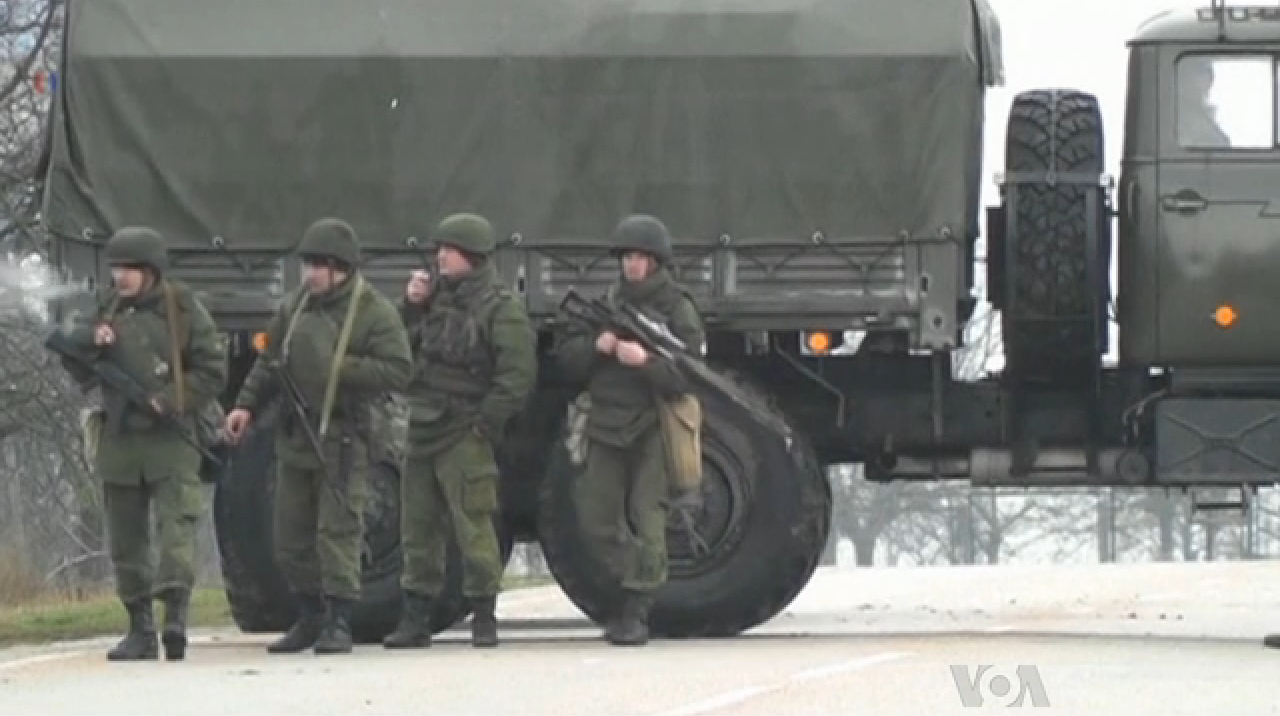

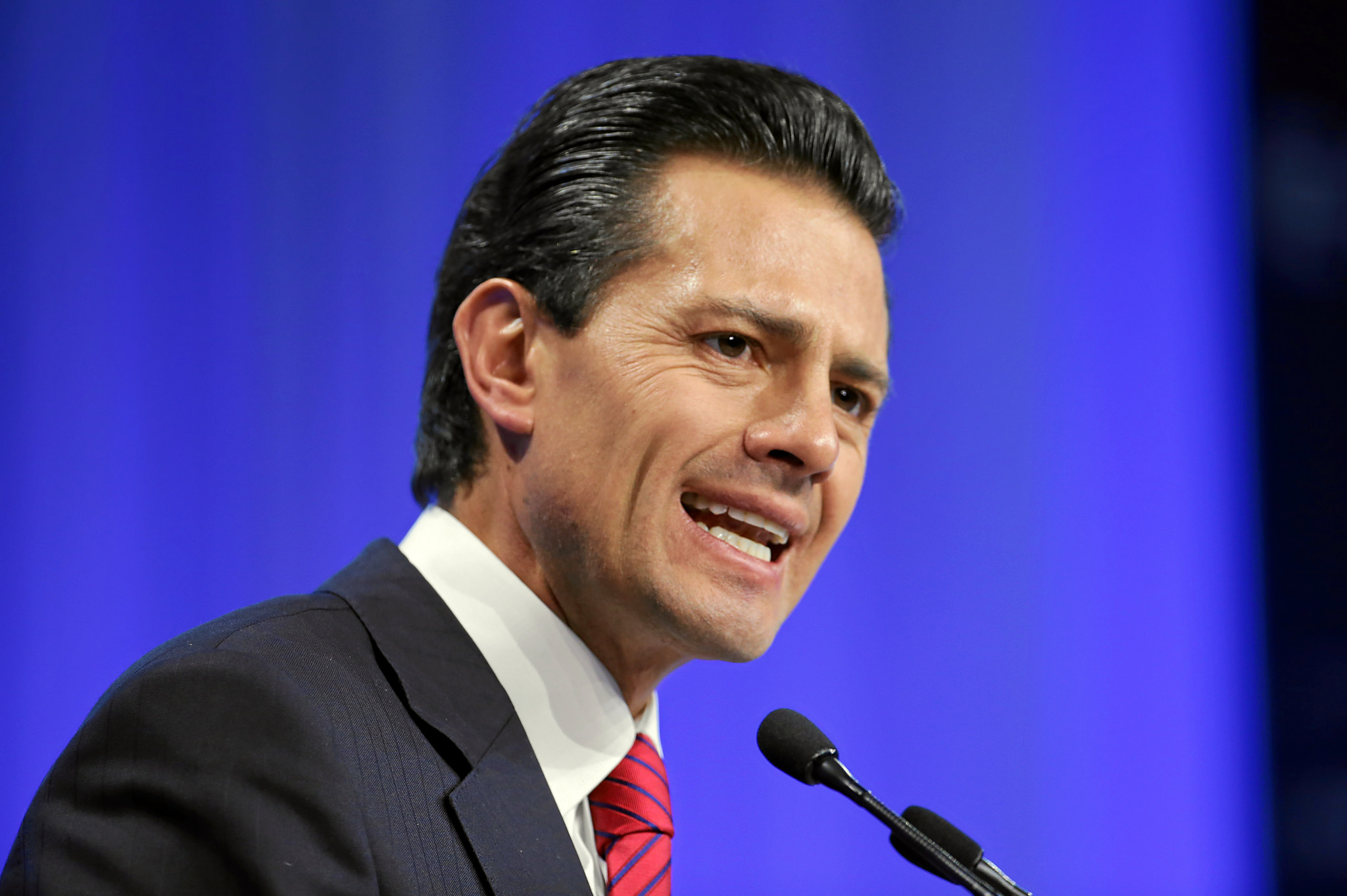
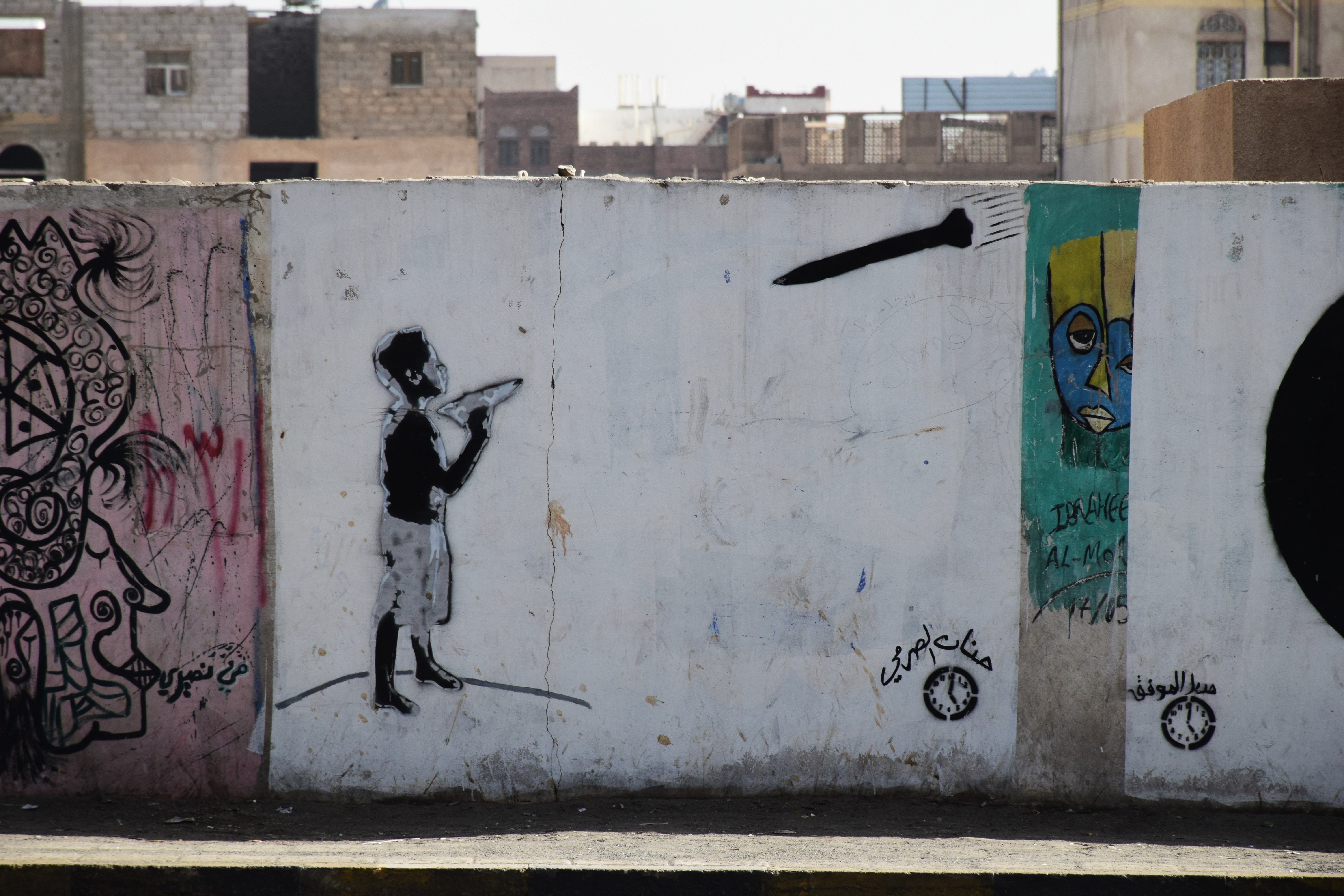
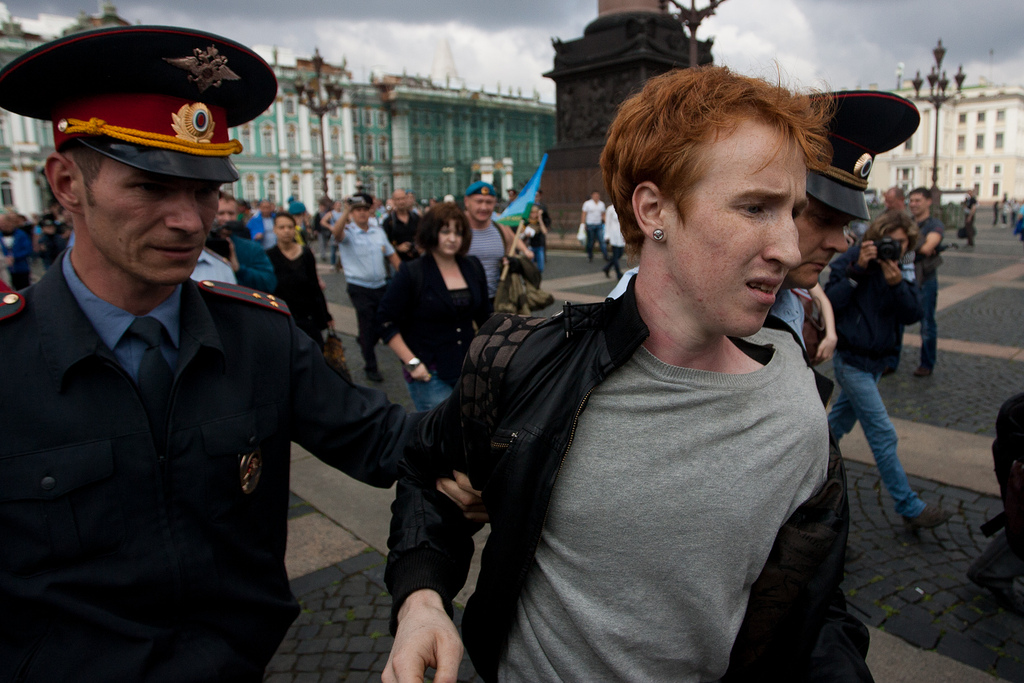
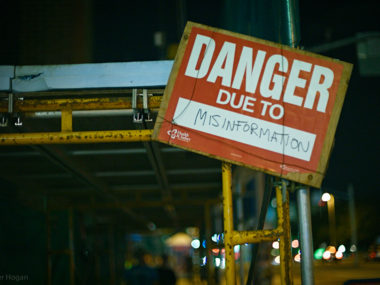
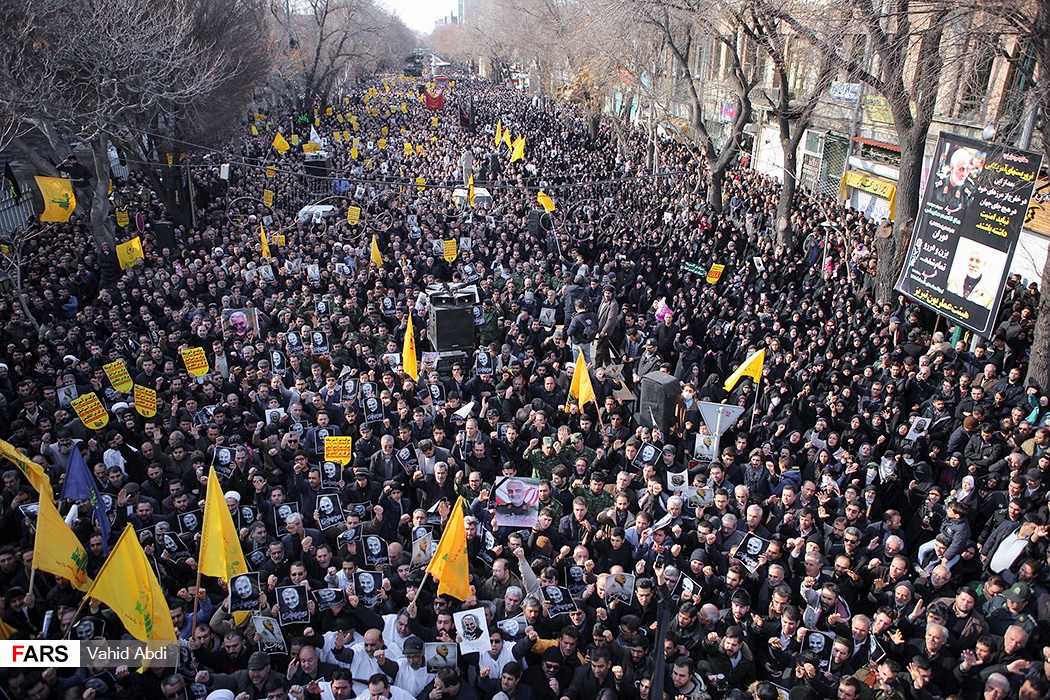
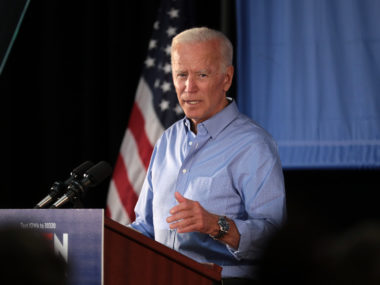
9 comments
Destabilizing and a change to Ukraine’s recognized borders this may be, but I’m pretty sure that the Yugoslav Wars are a better contender for the worst security crisis since the breakup of the Soviet Union.
Good point.
Excellent summary of events and perspectives, Taylor. Very helpful!
Thanks; I’m glad you found it useful.
I so wish people would stop using the term ‘narrative’. It is becoming cliché and obfuscates the politics behind these so-called ‘discussions’. As a veteran I find the rhetoric as being superficial. And operating from a position of weakness. We all know that sabre rattling tends to worse outcomes and America needs to be on guard against WWIII.
I think “narrative” is an accurate term here. Specifically, I’m interested in the story told by the Russian leadership to structure and make sense of events — and narrative expresses how these stories are told, without ignoring the politics behind them.
Thanks for your comment.